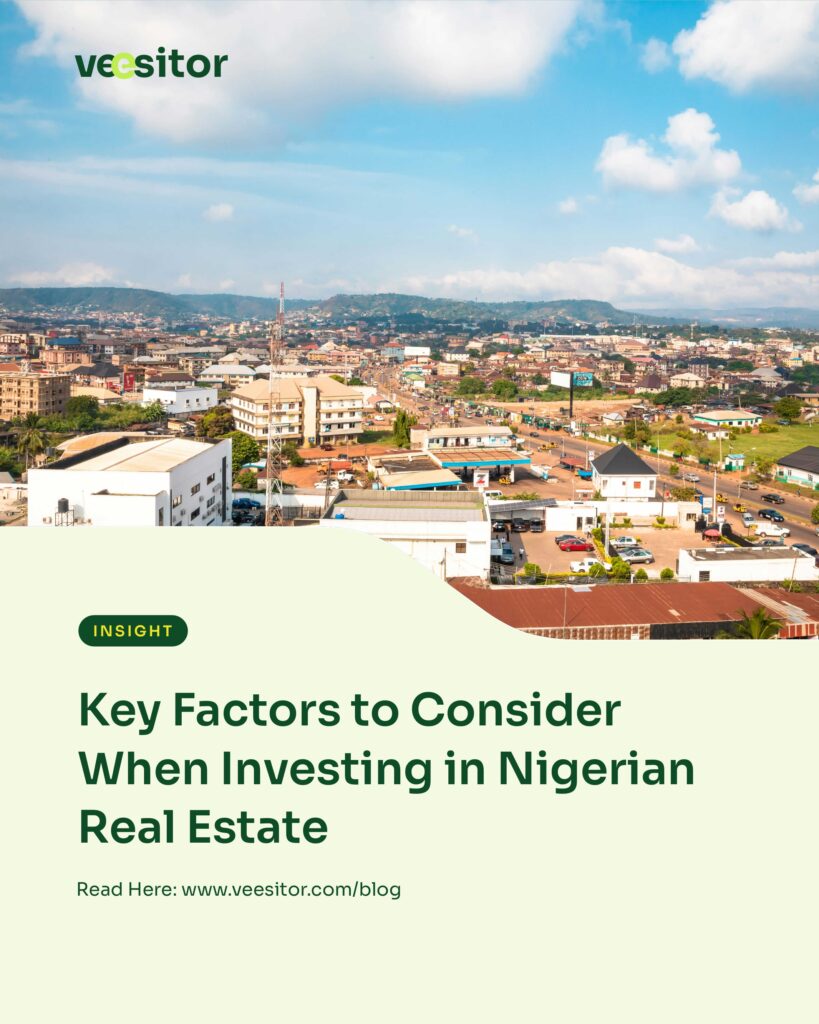The Nigerian real estate market is buzzing with excitement, and it’s more than just a financial opportunity; it’s about shaping lives and communities. If you’re considering diving into this dynamic landscape, there are a few key factors to keep in mind that could make all the difference.
Getting to Know the Market Dynamics
Let’s start with the trends that are reshaping the real estate scene in Nigeria. We’re seeing a significant shift toward affordable housing. Developers are recognizing the urgent need for homes that fit within the budgets of average Nigerians, making this a promising area for investment. At the same time, smart homes are on the rise, appealing to tech-savvy buyers who crave modern amenities.
Sustainability is also becoming a hot topic. Eco-friendly designs that minimize environmental impact are gaining traction, as more people become conscious of their carbon footprint. Urbanization is driving demand in major cities, as job seekers flock to urban centers. This rapid evolution creates an exciting environment for both buyers and investors.
However, to grasp the full implications of these trends, understanding the dynamics of supply and demand is crucial. Demand is fueled by factors like population growth, urbanization, and rising incomes. As more people move to cities for better opportunities, the need for housing skyrockets. On the flip side, supply is influenced by land availability, construction costs, and government regulations. When supply can’t keep pace with demand, prices soar, creating a competitive market. So, if you’re looking to invest or buy property, keeping a close eye on these factors is key to making informed decisions.
Economic conditions also play a pivotal role in shaping Nigeria’s real estate market. In prosperous times, people are more likely to invest, driving demand and pushing prices higher. But during economic downturns, like inflation or recession, purchasing power declines, slowing property sales and potentially lowering prices. Additionally, interest rates and employment levels significantly impact mortgage affordability, influencing buyers’ decisions. By understanding these economic indicators, you can better navigate the ever-changing landscape of Nigeria’s real estate market.
Location Matters: Choosing the Right Area
When it comes to investing in Nigerian real estate, location is everything. Cities like Lagos, Abuja, and Port Harcourt are experiencing rapid development, making them prime spots for savvy investors. For instance, Lagos boasts a vibrant economy and expanding infrastructure, offering endless opportunities for both residential and commercial properties. Emerging cities like Enugu and Ibadan are also becoming attractive alternatives, thanks to their lower costs and growing populations.
But once you’ve identified the right city, the next big decision is whether to invest in urban or suburban areas. Urban areas offer bustling activity and proximity to amenities, which can lead to higher rental yields and constant demand. However, they often come with steep prices and fierce competition. On the other hand, suburban locations provide a quieter lifestyle at a lower cost, making them appealing to families and individuals seeking space. These areas can present substantial growth potential as people move away from crowded cities. Ultimately, your choice should align with your investment goals—whether you’re chasing quick returns or aiming for long-term stability.
Infrastructure and accessibility are also vital in your investment decision. Properties located in well-developed areas with reliable public transport and access to essential services tend to attract more buyers and renters. For example, homes near major highways or urban centers often see higher demand. Good infrastructure not only enhances property value but also improves the quality of life for residents, making your investment more appealing.
Navigating the Legal Landscape
As you dive into the vibrant world of Nigerian real estate, understanding the maze of property laws and regulations is crucial. Imagine standing on the brink of your dream investment, only to be tangled in legal complexities! Navigating these laws can feel daunting, but it’s essential for safeguarding your investment and ensuring a smooth journey.
Compliance with local regulations protects your interests and fosters trust with potential tenants and partners. So, embrace the process! With the right guidance, you can confidently steer through the legal landscape and unlock the full potential of your investment.
Another critical aspect to consider is due diligence. Picture this: you’ve found your dream property, but later discover it’s tied up in legal disputes or lacks proper documentation. Thorough research is essential—it protects your investment and your peace of mind. Engaging with legal experts and conducting background checks can reveal hidden issues that might not be immediately obvious. By being diligent, you safeguard your hard-earned money and pave the way for a smoother transaction.
Investing in Nigerian real estate is not just about the numbers; it’s about creating spaces that enrich lives and foster community. By understanding market dynamics, choosing the right location, and navigating the legal landscape, you can make informed decisions that lead to successful investments. The opportunities are vast, and with careful planning and a bit of patience, you can turn your investment dreams into reality.





